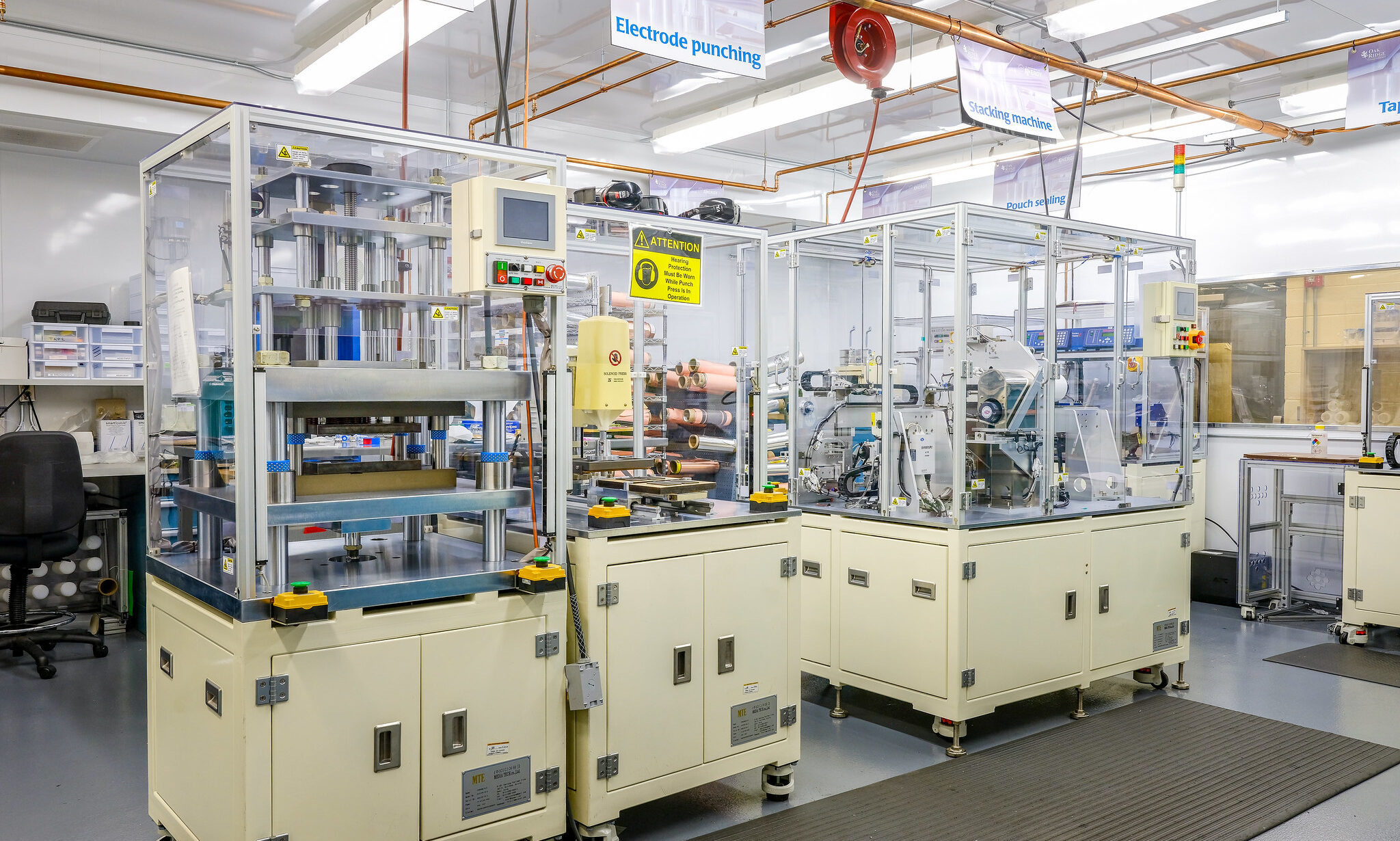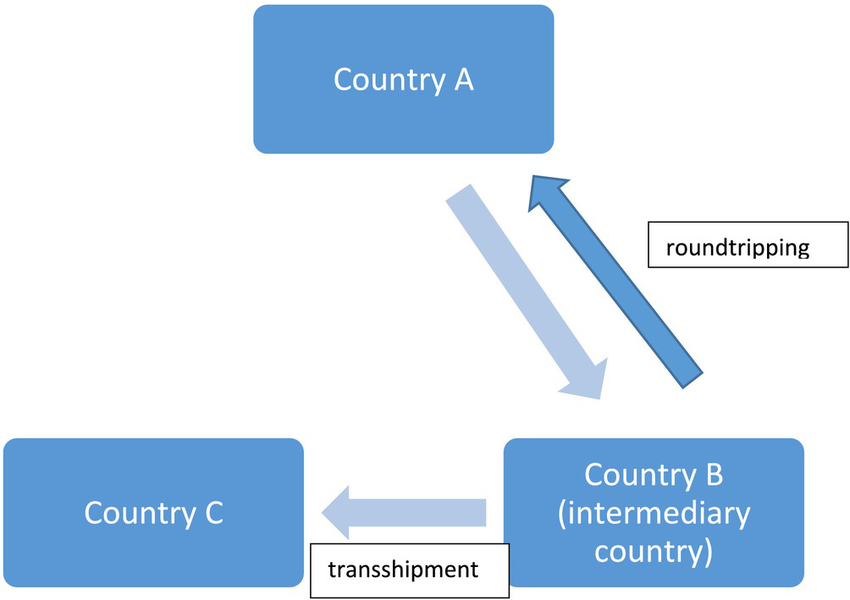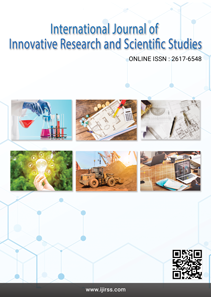13.00-15.00
Abstract
This paper investigates the impact of organ trafficking on local conflict using georeferenced data on conflict events and hand-collected data on local transplant infrastructure in eight countries known for illegal transplanting. I exploit exogenous variation in kidney demand measured by the number of U.S. waiting list patients, their payment capacity, and their physical condition. Higher kidney demand increases conflict in localities with a transplanting center. Specifically, a one-standard deviation increase in the U.S. waiting list for kidneys leads to a 17% increase in the probability of conflict and a 1% increase in the number of conflict events compared to localities without transplant infrastructure. Consistent with the hypothesis that armed groups use organ trafficking to finance violent attacks, I find that non-state armed groups with transplanting capacities in their home region perform more attacks when kidney demand is higher. These attacks happen both in their home region and in other regions, spreading violence over space. My results further show that higher kidney demand is associated with an increase in suspicious payments from and to countries known for illegal organ trafficking. This corroborates the hypothesis that non-state armed groups finance their attacks by organ trade.
Az előadást hibrid formában tartjuk meg: a személyes részvétel mellett (helyszín: KRTK Közgazdaságtudományi Intézet, 1097 Budapest, Tóth Kálmán u. 4., K11-K12 terem) zoomon keresztül is be lehet kapcsolódni. Az ehhez tartozó link külső érdeklődők számára a kti.titkarsag@krtk.hu e-mail címen igényelhető és csütörtök délelőtt válik elérhetővé.







